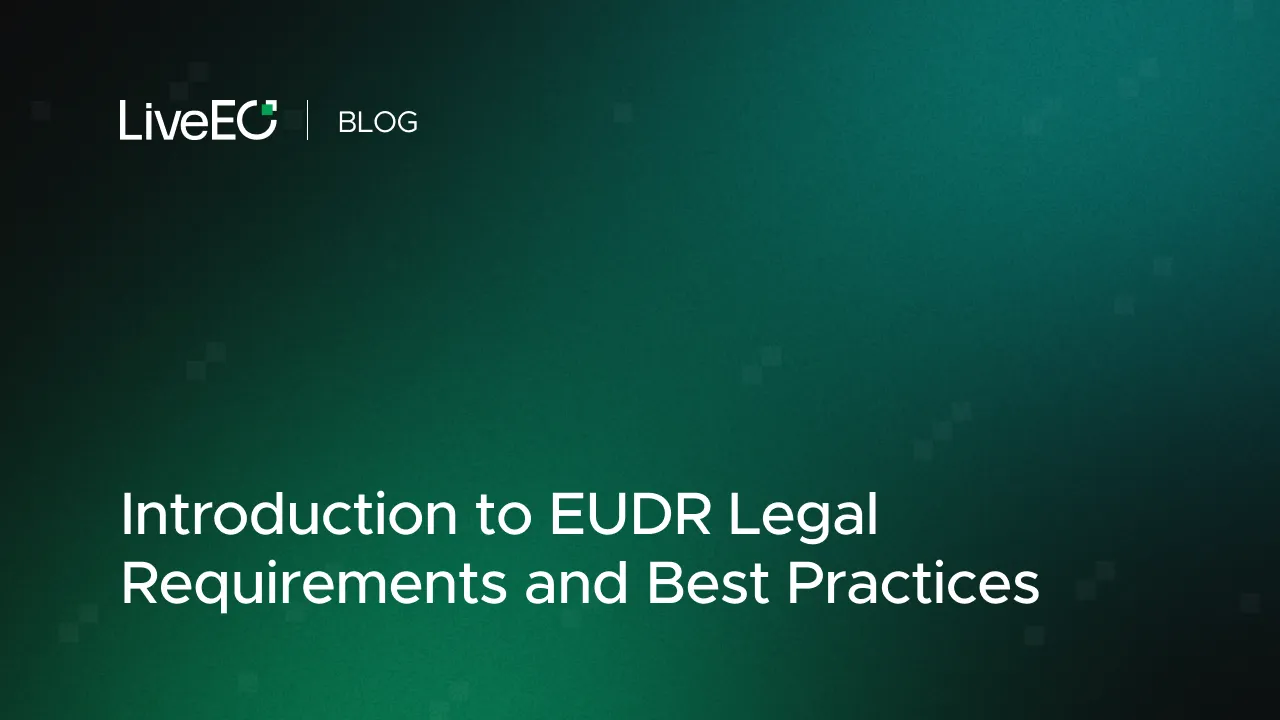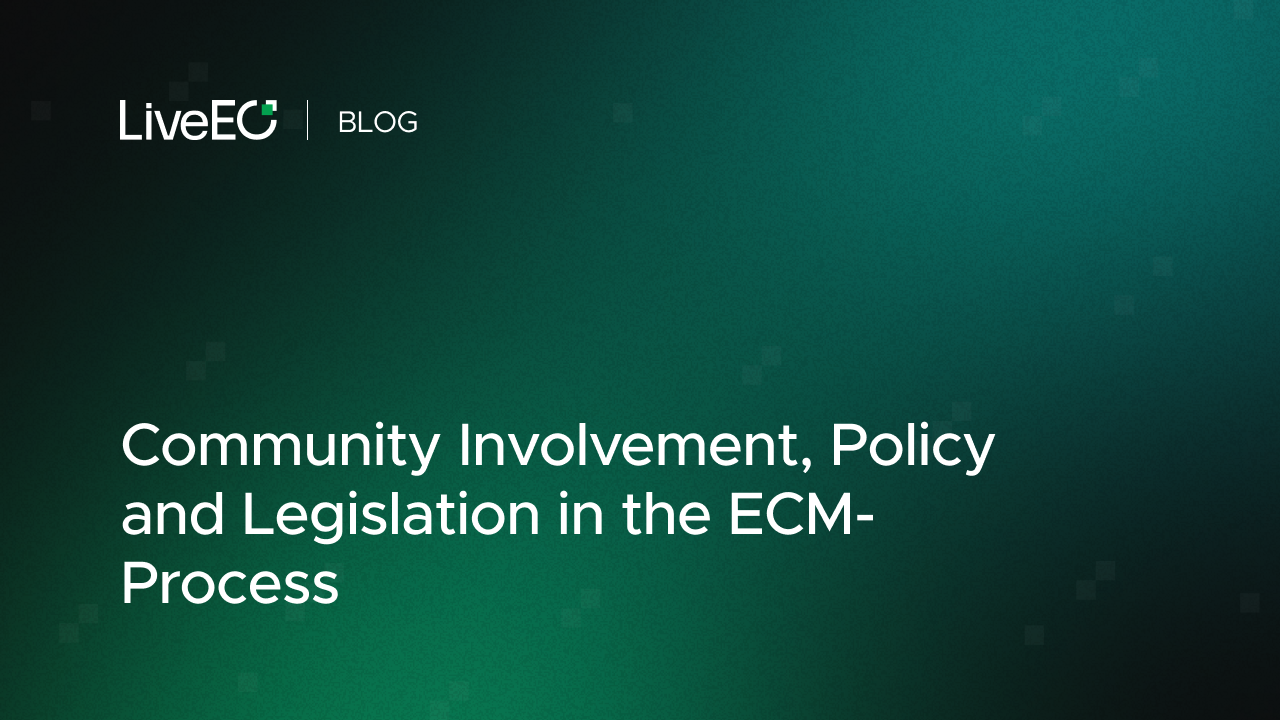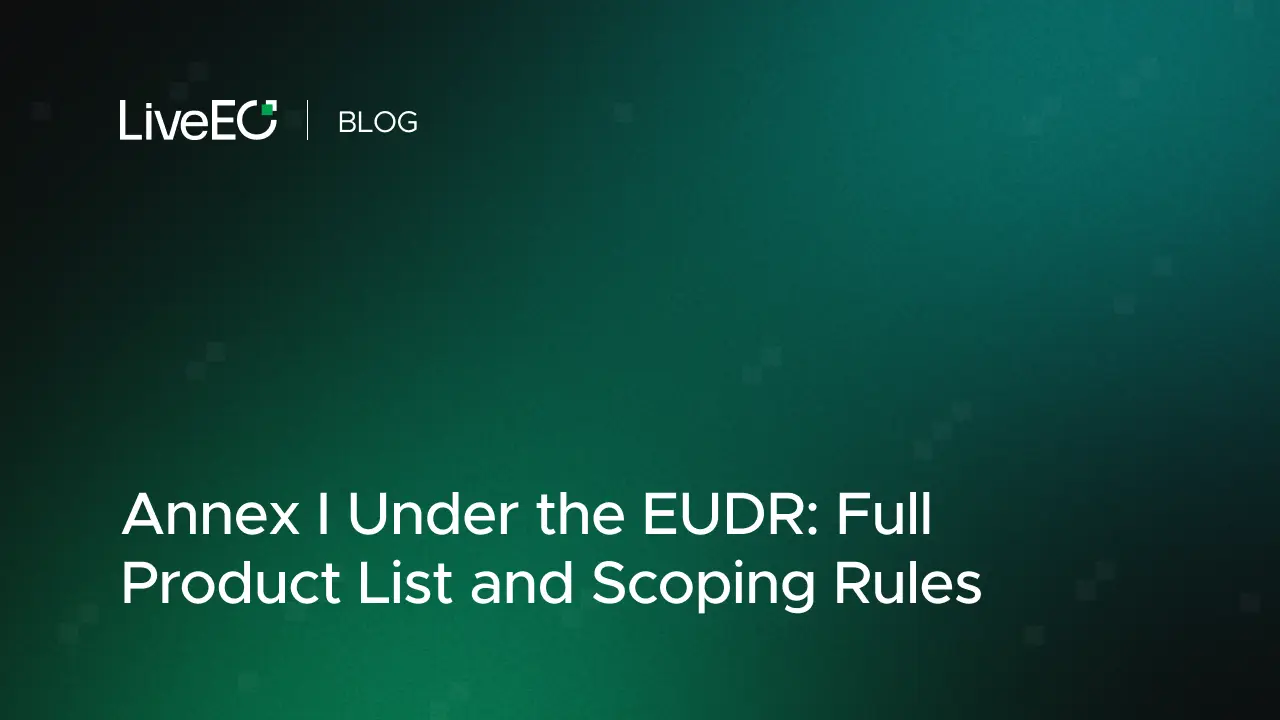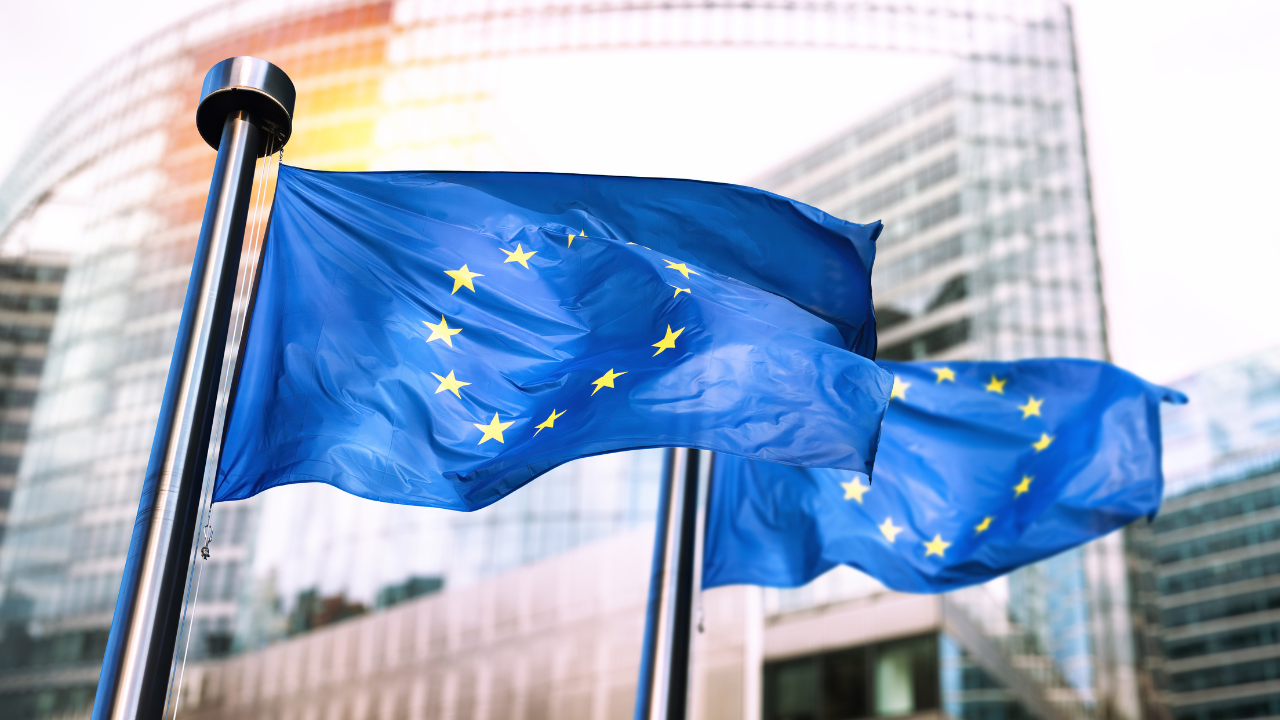
The European Union Deforestation Regulation (EUDR) introduces stringent legal obligations for companies across the supply chain, transforming how businesses source commodities.
The regulation is specifically designed to combat the ongoing issue of global deforestation by making companies accountable for their raw material sources, ensuring sustainability practices are upheld. This is particularly relevant as deforestation continues to drive biodiversity loss and climate change.
Whether you are an operator or trader in terms of the EUDR, understanding these requirements is vital to maintain compliance and market access.
Key Takeaways
- The EU Deforestation Regulation (EUDR) prohibits placing relevant products on the EU market or exporting them from the EU unless they are deforestation-free.
- The EUDR covers seven commodities: cattle, cocoa, coffee, oil palm, rubber, soy, and wood, as well as many derived products.
- 'Deforestation-free' means that the relevant commodities were produced on land that has not been converted from forest to agricultural use after December 31, 2020.
- For products containing wood, it means they were harvested from forests without inducing forest degradation after December 31, 2020.
- Products must be produced in accordance with the relevant legislation of the country of production.
- A due diligence statement must be available, indicating no more than a negligible risk of non-compliance.
Introduction to the EUDR
The EUDR aims to combat deforestation and forest degradation by preventing the import, trade and export of products that were sourced from plots of land affected by deforestation or forest degradation.
The regulation emphasizes stringent traceability and due diligence, which means operators and traders must have deep visibility into their supply chains to comply effectively. The EUDR affects a wide range of industries, including for example food and agriculture, automotive, construction/furniture, pharmaceutical and packaging.
Companies must navigate the requirements for due diligence, such as collecting geolocation data about production plots and ensuring their products meet the standards for deforestation-free sourcing as outlined in Articles 4 and 5 of the Regulation.
Read also: How to Comply with EUDR Requirements Using Your Existing Supply Chain Systems
Which Commodities and Products Fall Under the EUDR?
A key focus of the EUDR is on commodities that are considered high risk for contributing to deforestation. These include the seven commodities: cattle, palm oil, soy, cocoa, coffee, rubber and timber.
Additionally, products which contain or are made under the use of these commodities also fall under the material scope of the EUDR, e.g. but not limited to:
- Cattle: Beef, hides, and related products.
- Palm Oil: Includes derivatives like palm kernel oil and glycerin.
- Soy: Covers soybeans, soy meal, and oil.
- Cocoa: Cocoa beans, cocoa butter, chocolate, and other cocoa-based products.
- Coffee: Roasted, decaffeinated coffee, and coffee husks.
- Rubber: Rawnatural rubber, rubber clothing, and other rubber-derived products.
- Timber: Raw wood, charcoal, wood-based packaging, and construction materials.
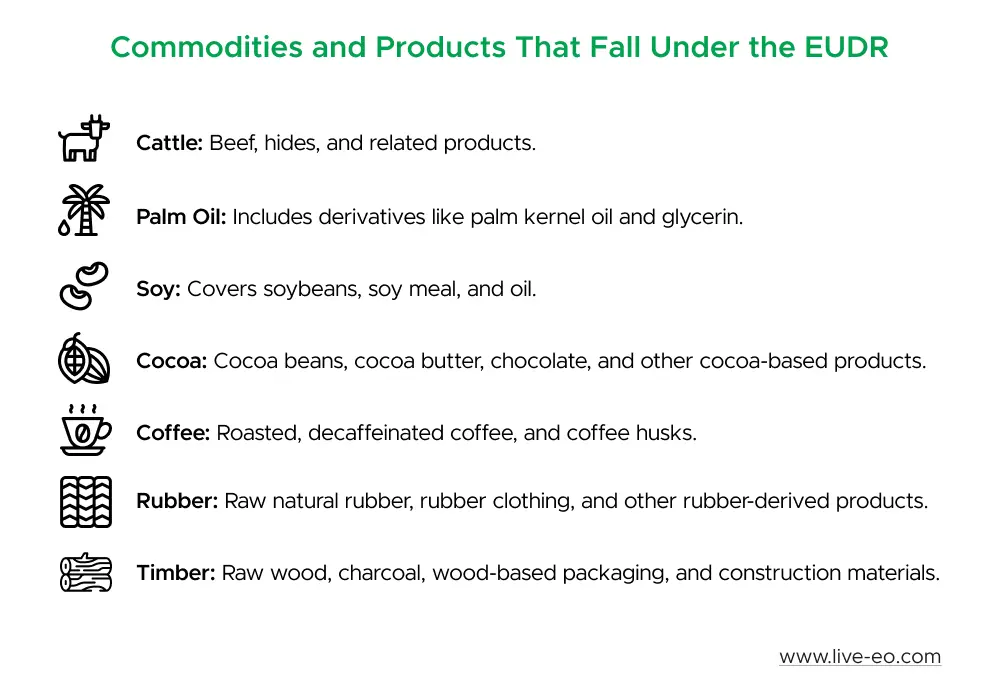
It's important to note that the EUDR only applies to specific commodities and products as defined in Annex I of the regulation. Not all derivatives of these commodities are covered unless they are explicitly listed in the annex.
For instance, while palm oil is included, certain processed derivatives may not fall under the regulation unless they are directly referenced. Therefore, understanding if your company’s products are within this defined scope is critical for compliance.
Read also: A Comprehensive Guide to Mastering EUDR Geolocation Data Collection
{{inline}}
EUDR Compliance with TradeAware and CMS
The TradeAware platform offers advanced monitoring capabilities to support companies in fulfilling their EUDR due diligence obligations. The collaboration between CMS and LiveEO provides a holistic approach to EUDR compliance, blending CMS's legal expertise with LiveEO's technological innovations. This partnership simplifies the EUDR due diligence process, enabling companies to manage it effectively from start to finish.
Introduction to CMS
CMS is a globally recognized legal firm specializing in environmental regulations. With a team of over 100 professionals across various countries, CMS offers a robust network to assist businesses in overcoming compliance challenges. Their primary focus is to prepare companies for the changes introduced by the EUDR.
Key Services of CMS:
- Supplier Checks: CMS evaluates supplier EUDR compliance by reviewing documents, assessing risk categories, and providing actionable recommendations.
- Legal Training: It delivers webinars and tailored training sessions to help companies understand and meet their obligations effectively.
- Compliance Advisory: CMS advises businesses on how to modify their existing processes to align with EUDR standards.
- Due Diligence Implementation: CMS assists companies in developing and maintaining due diligence systems that comply with EUDR regulations.
Through this partnership, companies opting to comply with EUDR using TradeAware benefit from:
- Geospatial Monitoring: TradeAware utilizes LiveEO's satellite technology to provide real-time data that validates the deforestation status of production areas, ensuring compliance with EUDR's deforestation-free mandate.
- Legal Compliance Layer: CMS bolsters TradeAware by conducting legal reviews that ensure adherence to EUDR due diligence requirements, including risk assessment and mitigation.
- Streamlined Compliance Process: TradeAware's platform enables businesses to upload geolocation data, assign suppliers for documentation, and generate compliance-ready due diligence statements. The system also supports sample checks to enhance verification.
By combining CMS's legal acumen with LiveEO's cutting-edge technology, TradeAware delivers a complete solution for addressing legal and operational needs in managing deforestation risks. Contact us today to learn how TradeAware can transform your EUDR compliance.
This article is Part 1 of the series. Be sure to explore the other articles for a complete understanding of the EUDR legal requirements:
- Introduction to EUDR Legal Requirements and Best Practices
- Legal Obligations for Companies Affected by EUDR
- Legal Documentation Required for EUDR Compliance
- Legal Protection Against Supplier Non-Compliance



